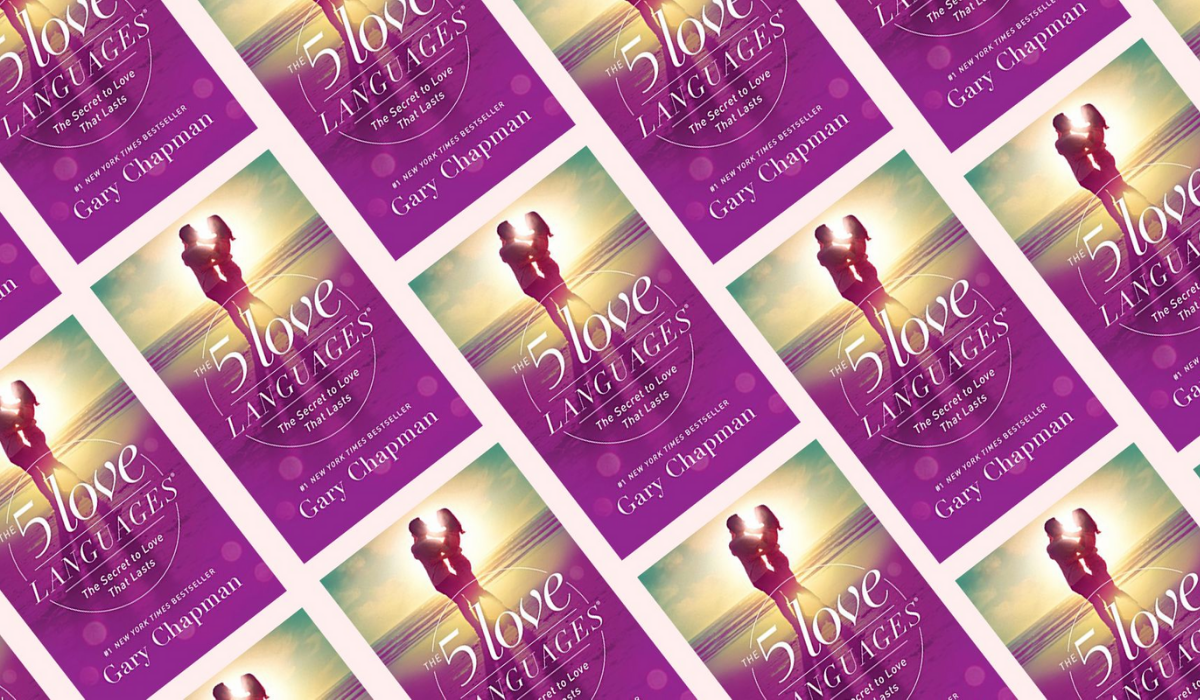The Language of Gifts: What It Really Means to Give and Receive Love

We all express love in different ways, from words of affirmation to acts of service to quality time. But when it comes to the “love language” of receiving (and giving) gifts, we often misunderstand the intent. Dr. Gary Chapman, The author of “The 5 Love Languages,” writes:
“Don’t mistake this love language for materialism; the receiver of gifts thrives on the love, thoughtfulness, and effort behind the gift. If you speak this language, the perfect gift or gesture shows that you are known, you are cared for, and you are prized above whatever was sacrificed to bring the gift to you. A missed birthday or a hasty, thoughtless gift would be disastrous—so would the absence of everyday gestures. Gifts are heartfelt symbols to you of someone else’s love and affection for you.”
So how do we know what’s the best gift to give our partner or loved one? We spoke with Dr. Chapman for some holiday gift-giving advice.
1. Why do many people believe “the way to someone’s heart is through their wallet,” equating price tags with showing love?
Perhaps because giving gifts is one universal way of expressing love. Before I studied counseling, I did a B.A. and M.A. degree in cultural anthropology. There are no cultures where gift-giving is not an expression of love. Added to this reality is the fact that our western culture is a materialistic culture. Many tend to think that happiness comes through the accumulation of ‘things.’ So, giving people ‘things’ has become our primary gift. Whereas, there are many other types of gifts, such as the gift of time. However, ours is a ‘busy’ culture, So, the gift of time is more difficult than the gift of ‘things.’
2. You’ve been quoted as saying, “A gift is only a gift when given as a general expression of love, not as an effort to cover over past failures.” What does that mean?
The English word ‘gift’ comes from a Greek word which is often translated as ‘grace’: ‘unmerited favor.’ Therefore, a true gift is given out of a sincere desire to express unconditional love, not as a desire to obtain something for the giver. Having said that, I understand that in Chinese culture, giving a gift is often seen as an apology.
3. What are some of the best types of expressive “gifts" to give loved ones this holiday season?
That depends upon the person to whom you are giving the gift: their age, needs, and interests as noted above. I don’t think there is a general category of gifts that would be best for everyone. Of course, a person’s ‘love language’ is a clue as to what ‘gift’ they would find most meaningful. For example. I hire someone to decorate our house for Christmas and to return and ‘un-decorate’ after the holiday. My wife says this is the best gift I give her. Why? Because her love language is ‘acts of service,’ doing things to make her life easier. A ‘quality time’ person might most enjoy a quiet evening doing something together that they enjoy.
Click here to take the 5 Love Languages® quiz to discover your primary love language and begin improving your relationships.
This Q&A was featured in the December 8th edition of The Sunday Paper. The Sunday Paper inspires hearts and minds to rise above the noise. To get The Sunday Paper delivered to your inbox each Sunday morning for free, click here to subscribe.


